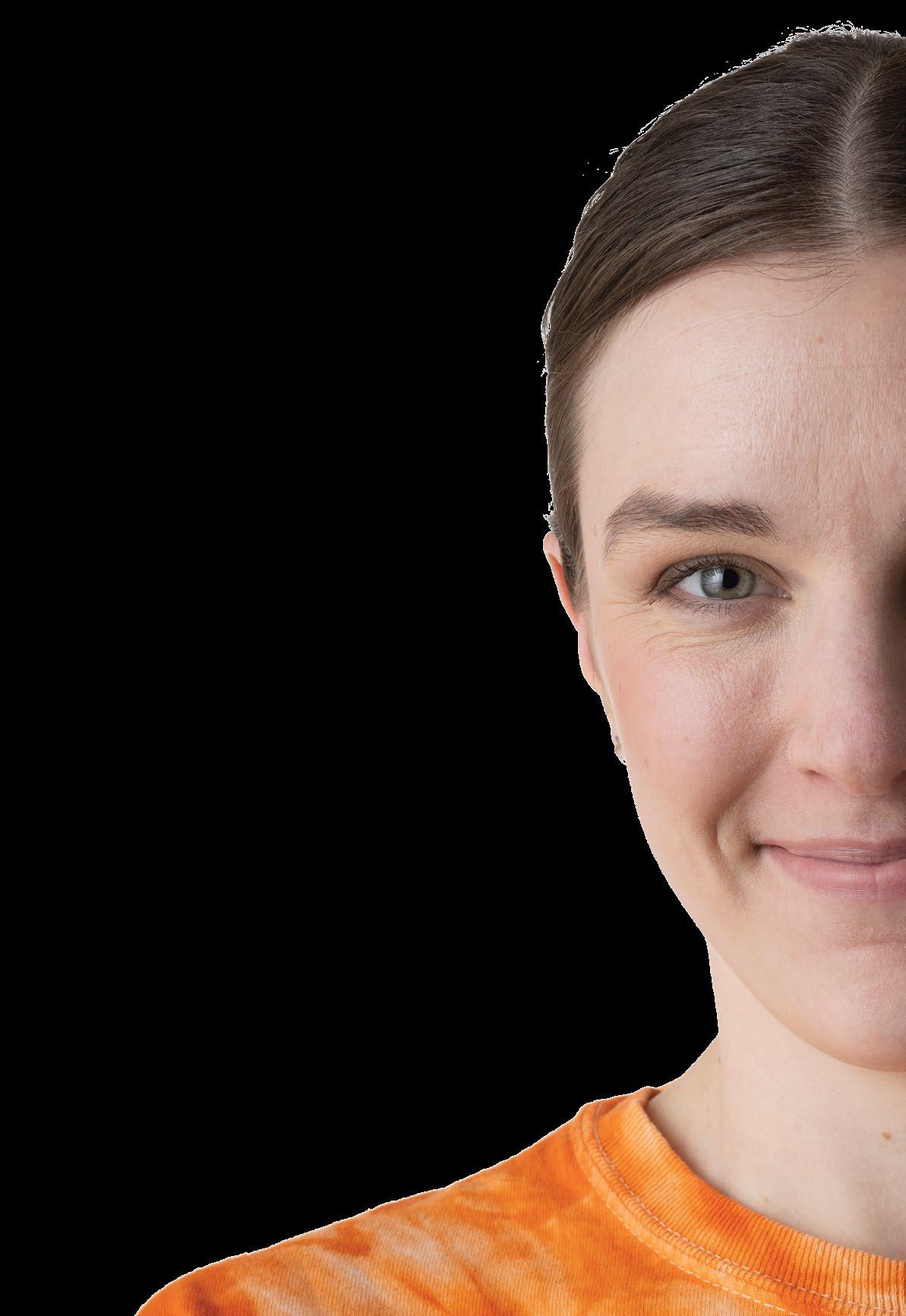
1 minute read
BUILDING A BOND AROUND CANCER
Any graduate student will tell you that having a strong social support group — one that understands the struggles — can be a lifesaver.
That is one reason why students in the cancer biology concentration banded together in early 2021 to form the Wilmot Cancer Trainees (WilCaTs) group. Emily Quarato and Emily Whitt are among the leaders.

“We try to bring together student cancer researchers, postdocs, and medical students, so that we can talk about our research, and connect in a more social way as well,” says Whitt, WilCaTs co-president.
“We’re not exclusionary,” adds Quarato, who serves as treasurer and community outreach coordinator. “If someone wants to come, hang out, and learn — that’s what the point of the group is… You don’t have to be doing something that’s specifically cancer-related.”
WilCaTs is growing and holding more student-led workshops where members can teach specific lab skills or techniques, or review grant applications or papers.
This sort of peer-to-peer learning can open up new research avenues. Students may learn a better way to perform a technique that could get them out of a failed-experiment rut. Or they may learn a completely new skill that could help them ask and answer research questions. Leveraging the group’s collective knowledge and experience, they can work out the kinks on a grant proposal or ensure a scientific paper tells a coherent story. Ultimately, Quarato says, the goal is for students to “support each other not only in our own training, but also just mentally and socially.”
The group has started to get involved in more community events, like the 2022 Wilmot Survivor’s Night, a celebration and tribute to those who have faced cancer that takes place at a Red Wings baseball game each year. The WilCaTs group attended the event as a social outing and hosted an informational table where community members could learn about cancer research.
Quarato also helped organize the 2023 STEM Community Day, an event to inspire local high school students to pursue careers in science or medicine. Working with others, Quarato helped bring the event back in person — a first since the beginning of the COVID pandemic.
“A lot of us are really interested in trying to get the word out about our science and to interact with those that we can actually help,” Whitt says. “There seems to be students who are very interested in this field of research,” she adds. “We just need to give them a home.”








